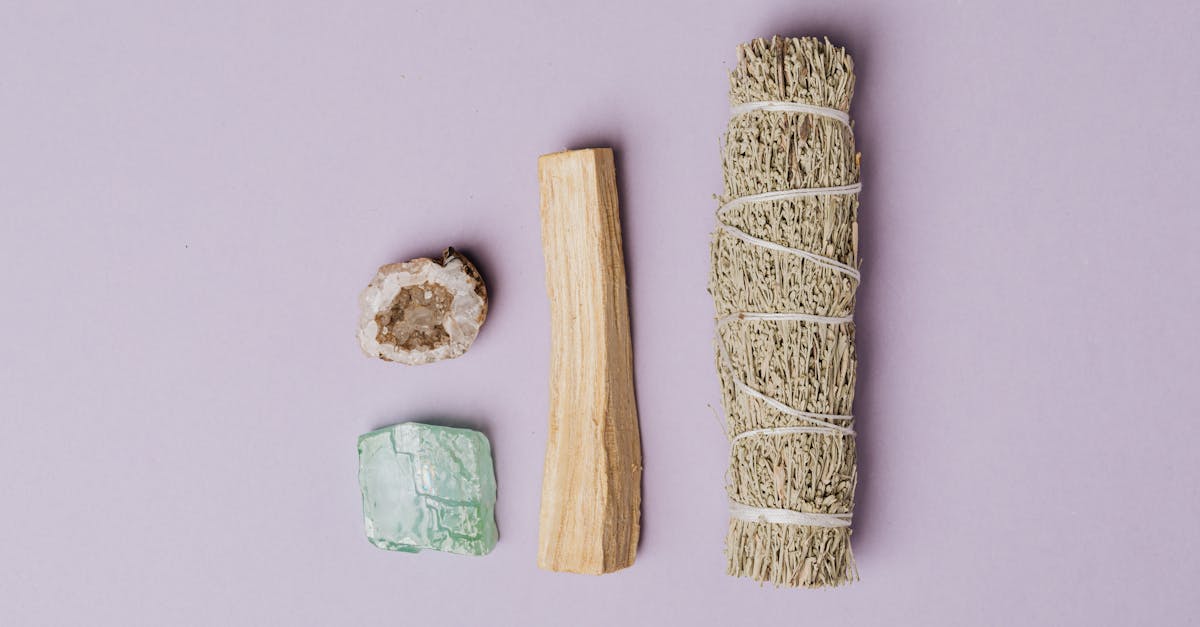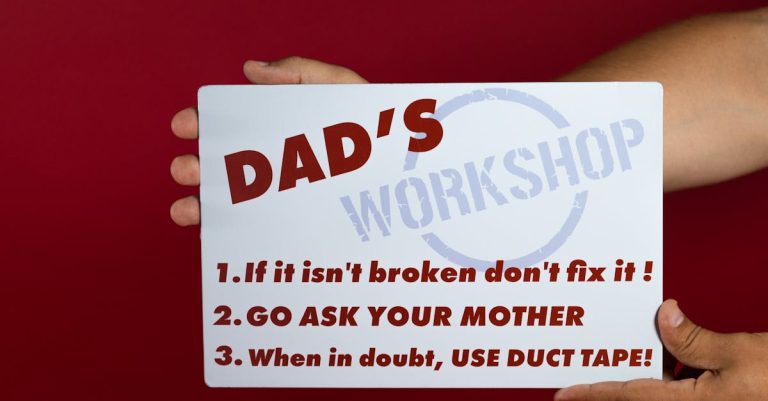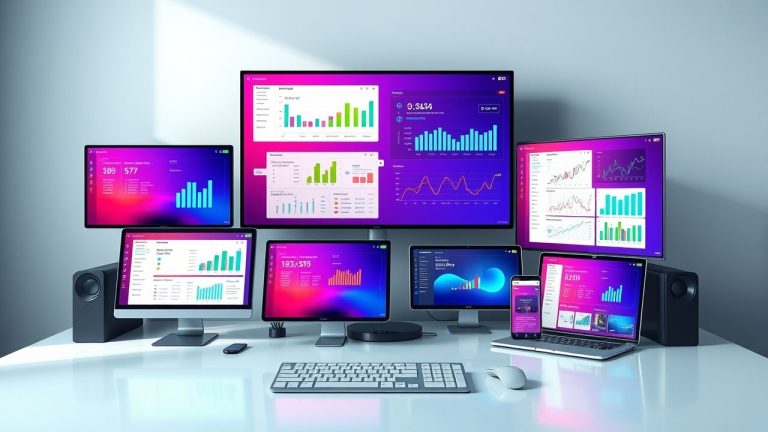Mental Health Apps That Are Changing Lives in 2025
Mental Health Apps That Are Changing Lives in 2025
In the fast-paced world we live in, mental wellness has finally taken center stage. Thanks to the rapid advancements in technology, 2025 is shaping up to be a breakthrough year for mental health apps. These tools are not just about tracking mood anymore; they’re about transforming how we understand, manage, and nurture our mental well-being.

More people are realizing that seeking help should be easy, private, and accessible anytime. This shift means mental health apps aren’t just trendy—they’re essential tools that offer professional-grade support right at your fingertips.
Revolutionizing Therapy with Digital Innovation
Today’s therapy apps blend the best of psychology and technology to create personalized experiences. Using AI-driven chatbots and virtual therapists, they deliver immediate, empathetic support when life feels overwhelming. What’s exciting is how these apps continuously learn from your inputs to tailor strategies that suit your unique journey.
Not everyone is comfortable talking face-to-face, so these digital platforms provide a judgment-free zone where expressing vulnerability feels safer. Features like mood tracking, cognitive behavioral therapy exercises, and journaling help keep progress steady and measurable.
Empowering Mindfulness and Stress Reduction

Mindfulness tips, guided meditation, and breathing exercises have become staples in mental health apps today. These practices are proven to calm the nervous system and improve emotional resilience, and apps make it super easy to build these habits daily.
The convenience of having these tools on a smartphone means you can center yourself whether you’re at work, home, or commuting. Many apps now offer biofeedback sensors integration, making mindfulness even more effective by showing real-time physiological data.
Building Community and Connection
Loneliness is a significant challenge for mental health, and modern apps are addressing this by cultivating safe spaces where users find support and understanding. Peer support forums, group therapy chats, and moderated communities provide comfort and reduce feelings of isolation.
This social element is a game-changer. It helps normalize mental health discussions, breaks stigma, and lets people know they aren’t alone in their struggles.
What Makes These Apps Stand Out in 2025?
Here’s what sets the latest wave of mental health apps apart from their predecessors:
- Personalization at its peak: Using AI, apps adapt dynamically, making therapy and wellness routines feel custom-made.
- Seamless integration with wearables: Keeping track of sleep, heart rate, and activity enhances mental health insights.
- Privacy and security: End-to-end encryption and anonymous usage ensure that your mental health data stays confidential.
- Holistic approach: Apps now address emotional, physical, and social well-being, providing comprehensive care.
How To Choose The Right Mental Health App For You
With so many options, it can feel overwhelming. Start by asking yourself what you want to achieve—is it better stress management, mood tracking, or professional therapy? Also, consider the app’s credibility, user reviews, data privacy, and if it fits into your lifestyle.
Many apps offer free trials or tiered subscriptions, so you can test before committing. The goal is to find a tool that feels supportive and easy to use consistently.
Final Thoughts
The mental health apps of 2025 are not just tools but companions in our personal growth journeys. They embody the perfect mix of technology and empathy, helping millions build resilience, find peace, and live fuller lives. If you haven’t explored these innovations yet, now is the perfect time to join the mental health revolution that’s changing lives globally.
Remember, while apps are powerful allies, they work best as part of a broader support system, including friends, family, and professionals.






